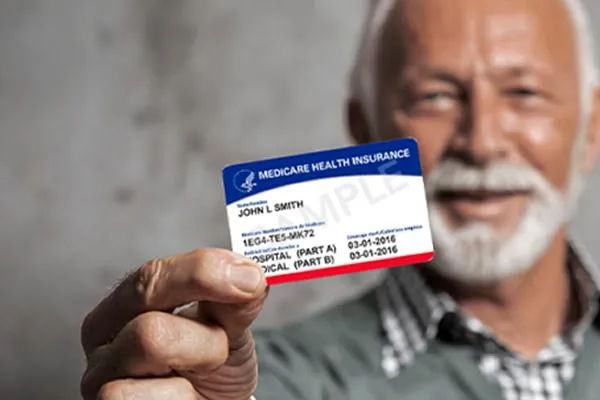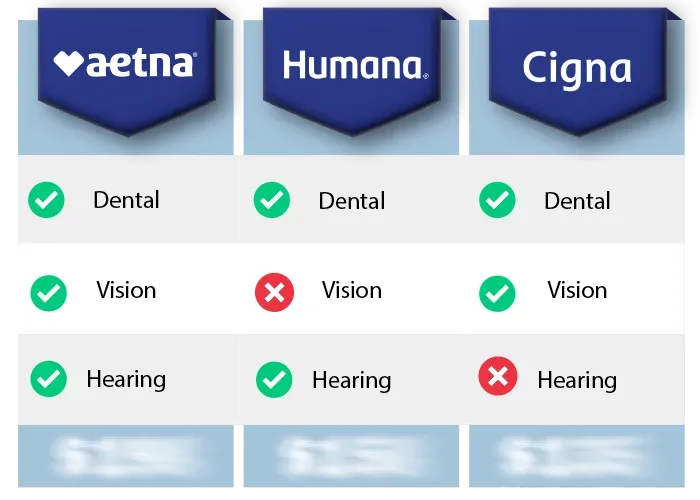
Do Medicare Advantage Plans Cover Hearing Aids: A Comprehensive Analysis
Do Medicare Advantage Plans Cover Hearing Aids: A Comprehensive Analysis
Introduction
Hearing loss is a common issue among seniors, and hearing aids are often a necessary tool to improve their quality of life. However, the cost of these devices can be a significant burden for many. This raises the question: Do Medicare Advantage Plans cover hearing aids? This article aims to provide a detailed analysis of this topic, shedding light on the coverage provided by Medicare Advantage Plans, the costs involved, and the alternatives available.
Understanding Medicare Advantage Plans
Medicare Advantage Plans, also known as Part C, are health insurance plans provided by private companies approved by Medicare. They offer all the benefits of Original Medicare (Parts A and B) and often include additional benefits such as vision, dental, and hearing care. However, the coverage for these extra benefits, including hearing aids, can vary significantly among different plans.
Coverage of Hearing Aids under Medicare Advantage Plans
The majority of major insurers offering Medicare Advantage plans provide at least one plan that covers hearing aids. These insurers include Humana, Aetna, and Blue Cross Blue Shield. However, eligibility for these plans may vary, and plans offering hearing aid coverage may have higher premiums than those that do not.
Most Medicare Advantage plans regulate the dollar amount or frequency of hearing aid purchases. In 2021, the average annual limit was $960, ranging from $66 to $4,000. Typically, Medicare Advantage plans limit enrollees to one set of hearing aids a year, but more than a quarter of plans restrict hearing aid coverage to one pair every two years.
Costs of Hearing Aids with Medicare Advantage Plans
On average, a Medicare Advantage plan will only reduce hearing aid costs by 21%, and enrollees pay an average of $1,820 per hearing aid. Actual costs will vary based on your plan's coverage options and the cost of the hearing aids. Those enrolled in Original Medicare or Medigap will pay full price for a hearing aid, averaging around $2,300 each.
Alternatives for Hearing Aid Coverage
While Medicare Advantage Plans provide some coverage for hearing aids, there are other avenues to explore for those seeking financial assistance. Some of these include:
Medicaid: Some Medicaid programs cover hearing aids and exams for people who qualify based on income.
Retiree Coverage: Depending on the plan, retiree health insurance may provide some coverage for hearing tests and discounts on hearing aids or contribute a fixed dollar amount toward them, such as $1,500 every three years.
Veterans Health Care: The U.S. Department of Veterans Affairs provides hearing services and hearing aids for eligible veterans.
Discount Programs: Joining a discount program or getting help from a charitable foundation can help reduce the cost of hearing aids. Some Medigap plans also offer membership in hearing care discount programs.
Leases: Hearing aid subscription plans can help with budgeting by allowing you to pay a monthly fee rather than a large sum upfront.
Local Hearing Aid Programs: Many Kiwanis Clubs and Lions Clubs have hearing aid programs. You can also contact your Area Agency on Aging for additional resources.
Conclusion
While Medicare Advantage Plans do offer some coverage for hearing aids, the extent of this coverage can vary significantly. It's essential to understand your plan's specific benefits and consider all available options to ensure you receive the necessary hearing care.

Copyright © 2025 Senior Benefits Guide All Rights Reserved.
204 Church St Suite 1A, Boonton NJ 07005
Disclaimer: This website is not affiliated with the Medicare/Medicaid program or any other government entity. The information provided on this website is for informational purposes only. It is not intended to be, nor does it constitute any kind of financial advice. Please seek advice from a qualified professional prior to making any financial decisions based on the information provided. This website acts as an independent digital media & advertising publisher. This webpage is formatted as an advertorial. An advertorial is an advertisement that is written in an editorial news format. PLEASE BE AWARE THAT THIS IS AN ADVERTISEMENT AND NOT AN ACTUAL NEWS ARTICLE, BLOG, OR CONSUMER PROTECTION UPDATE. This website MAY RECEIVE PAID COMPENSATION FOR CLICKS OR SALES PRODUCED FROM THE CONTENT FOUND ON THIS WEBPAGE. This compensation may affect which companies are displayed, the placement of advertisements, and their order of appearance. Any information, discounts, or price quotations listed may not be applicable in your location or if certain requirements are not met. Additionally, our advertisers may have additional qualification requirements.
Our goal is to provide exceptional service. One of our agents may reach out to you to discuss your order, ask for feedback, and/or see if you need any assistance with your products, services, or plans, at the phone number you provided regardless of your do-not-call list status. You may opt-out of further contact at any time by simply telling our customer service team that you would no longer like to be contacted. In the event that our team is unable to reach you by phone, they may send you a text message letting you know that we called. Both our text messages and phone calls may be sent or connected utilizing automated software. Carrier charges may apply. You may opt-out of any future contact via text message by replying anytime with "STOP".
Copyright © 2025 All Rights Reserved.
Find Medicare Advantage Plans in 3 Easy Steps

